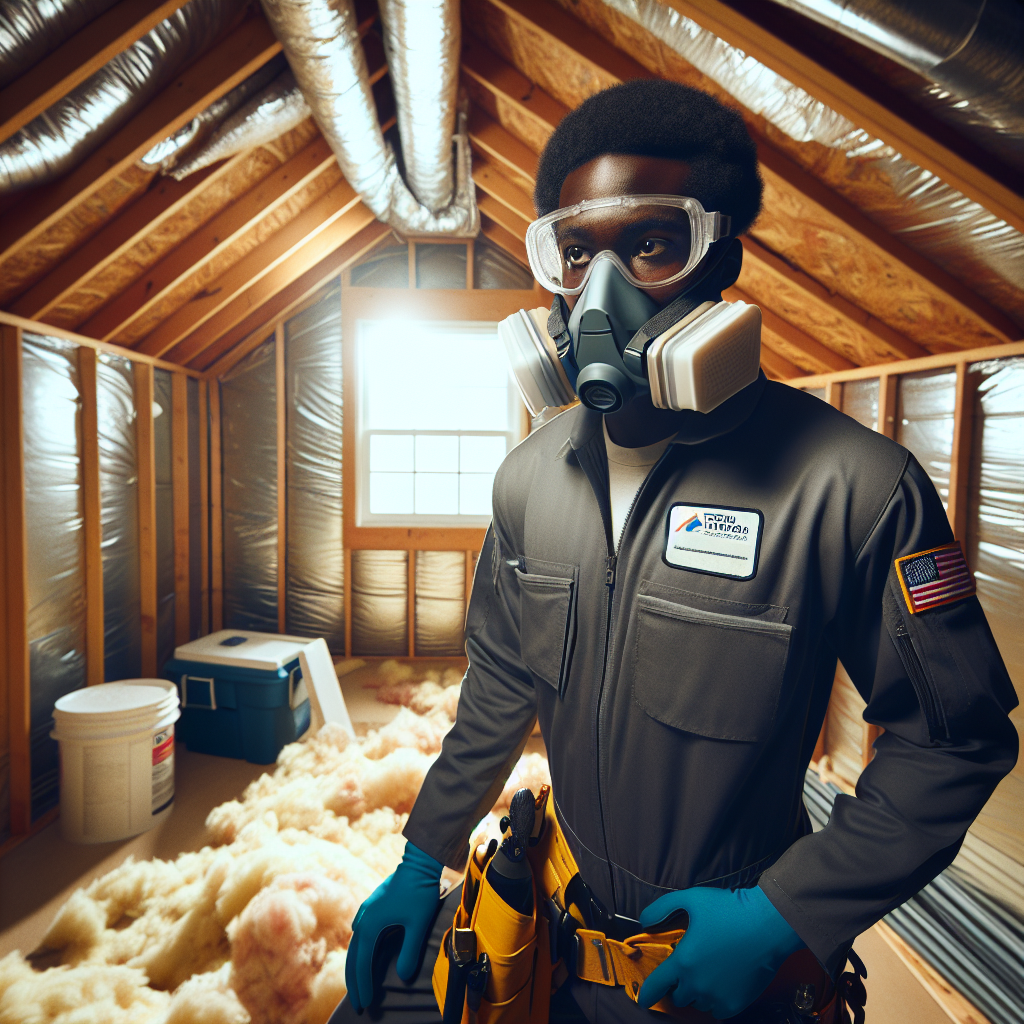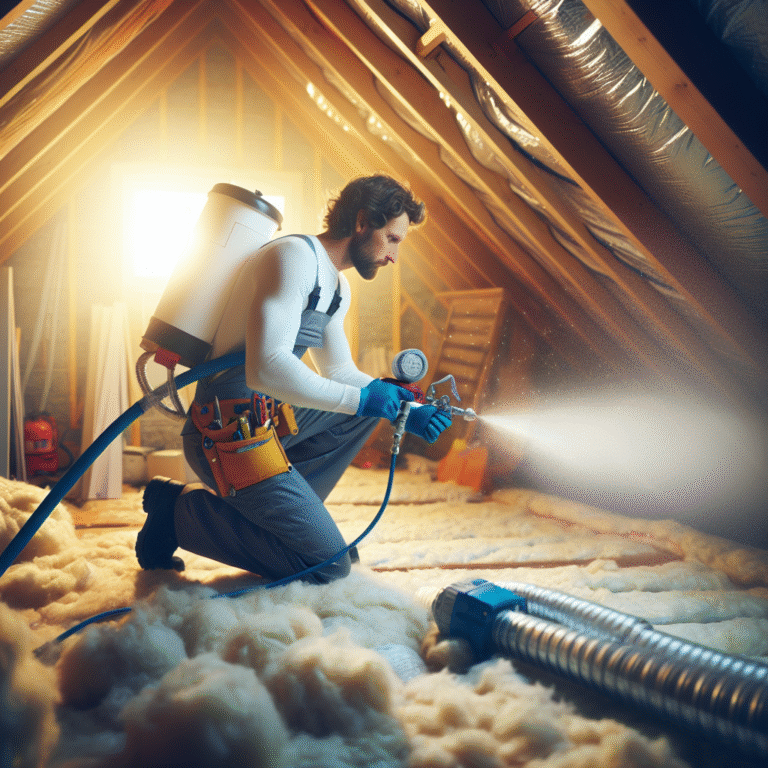-
Table of Contents
Improve your home’s energy efficiency with proper insulation for your garage attic. Visit texasinsulationsolution.com to learn more and schedule a consultation today.
Insulation For Garage Attic Trans

When it comes to ensuring energy efficiency and comfort in your home, proper insulation is key. Texas Insulation Solutions, based in Houston, offers expert services for garage attic insulation to help you save on energy costs and maintain a comfortable living environment.
Why Insulation For Garage Attic Trans Matters
Proper insulation for your garage attic is essential for several reasons:
- Improved energy efficiency
- Enhanced comfort levels
- Prevention of moisture buildup
- Reduced heating and cooling costs
- Protection of your home’s structure
Key Benefits of Garage Attic Insulation
- energy savings
- Increased comfort
- Improved indoor air quality
- Reduced noise transmission
- Enhanced property value
Why Choose Texas Insulation Solutions
When you choose Texas Insulation Solutions for your garage attic insulation needs, you can expect:
- Houston-based operation with local expertise
- Significant energy savings and improved comfort
- Clean, fast, and professional installation services
- Multiple insulation types tailored to meet local climate needs
Related Services
- Blown-In Insulation
- Spray Foam Insulation
- Radiant Barrier Installation
- Insulation Removal & Replacement
- Garage Insulation
- Rodent-Proofing and Sealing
FAQ
- How much does attic insulation cost in Houston?
- Do I need insulation replacement or just an upgrade?
- Is blown-in insulation good for Houston‘s climate?
- How long does attic insulation take to install?
- What areas around Houston do you serve?
Get in Touch with Texas Insulation Solutions
📍 Address: 9707 Braewick Dr, Houston, TX 77096
📞 Call: (832) 396-1116
📧 Email: service@texasinsulationsolution.com
🌐 Website: https://texasinsulationsolution.com
🔗 Facebook: Facebook Profile
🔗 Instagram: @texas_insulation_solutions
🔗 Yelp: Texas Insulation on Yelp
🔗 Nextdoor: Find us on Nextdoor
🎥 YouTube: Watch Our Work
🛠️ Request Service: Click here to schedule your free inspection




